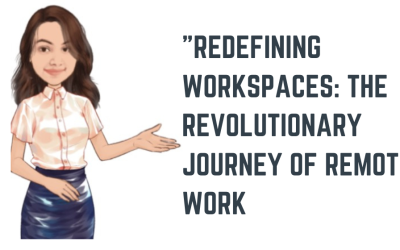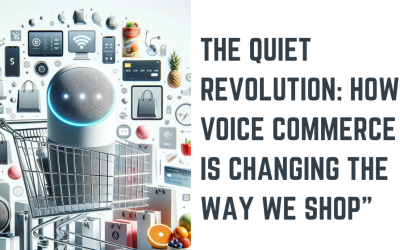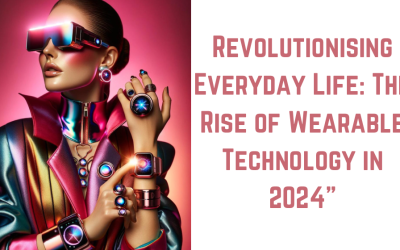Beyond Imagination: The Revelutionary Impact of Generative AI
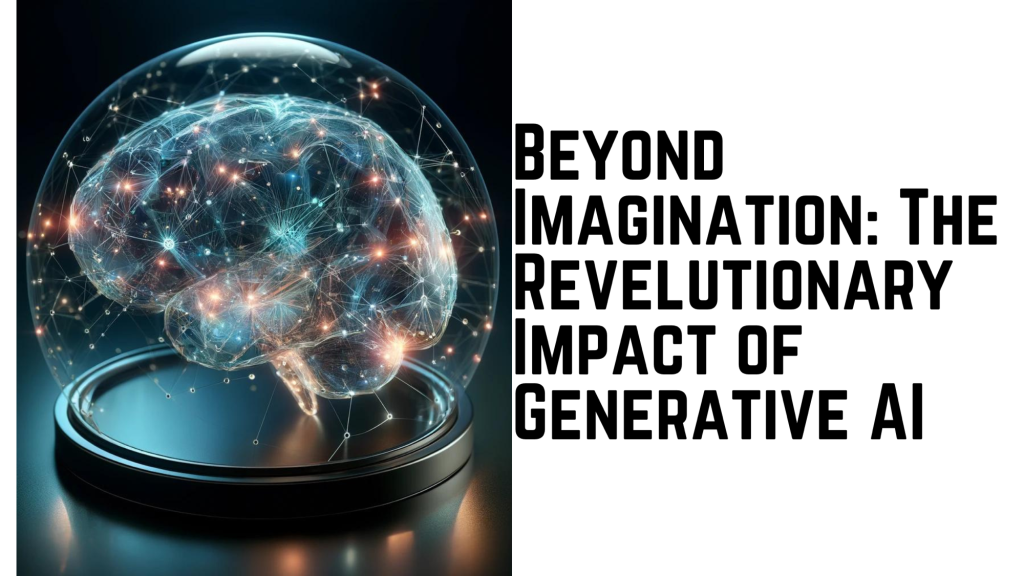
The Transformative Power of Generative AI on Our World
In the rapidly evolving world of technology, generative AI stands out as a revolutionary force, reshaping industries and redefining creative boundaries. As we venture deeper into the digital age, understanding and harnessing this technology has become crucial for professionals and enthusiasts alike.
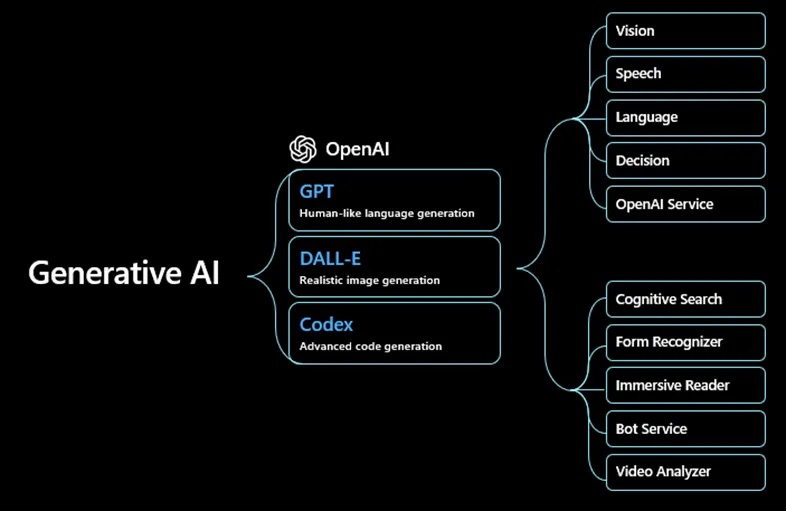
What is Generative AI?
Generative AI refers to algorithms that can generate content—be it text, images, music, or even code—from existing data sets. This technology leverages techniques like machine learning and deep learning to understand patterns, styles, and structures, enabling it to produce new, original outputs.
The Creative Partner
Imagine having a partner that never sleeps, one that continuously learns from the vast expanse of human knowledge and creativity. This is what generative AI offers. In the realm of content creation, AI tools can help writers produce drafts, suggest edits, and even generate ideas based on trends and data insights. For artists and designers, AI can offer new forms of expression, transforming vague concepts into vivid visuals or sculptures.
Industry Transformation
Generative AI is not just about creativity. It’s a tool that is transforming industries from healthcare to finance. In healthcare, AI models are being used to predict patient outcomes, personalize treatment plans, and even generate medical reports. In finance, AI algorithms can analyze market data to predict stock trends and assist in high-frequency trading strategies.
Ethical Considerations
With great power comes great responsibility. As generative AI becomes more capable, ethical considerations become paramount. Issues like data privacy, copyright concerns, and the potential for misuse need to be addressed. It’s essential for developers and users to adhere to ethical guidelines that promote transparency and fairness.
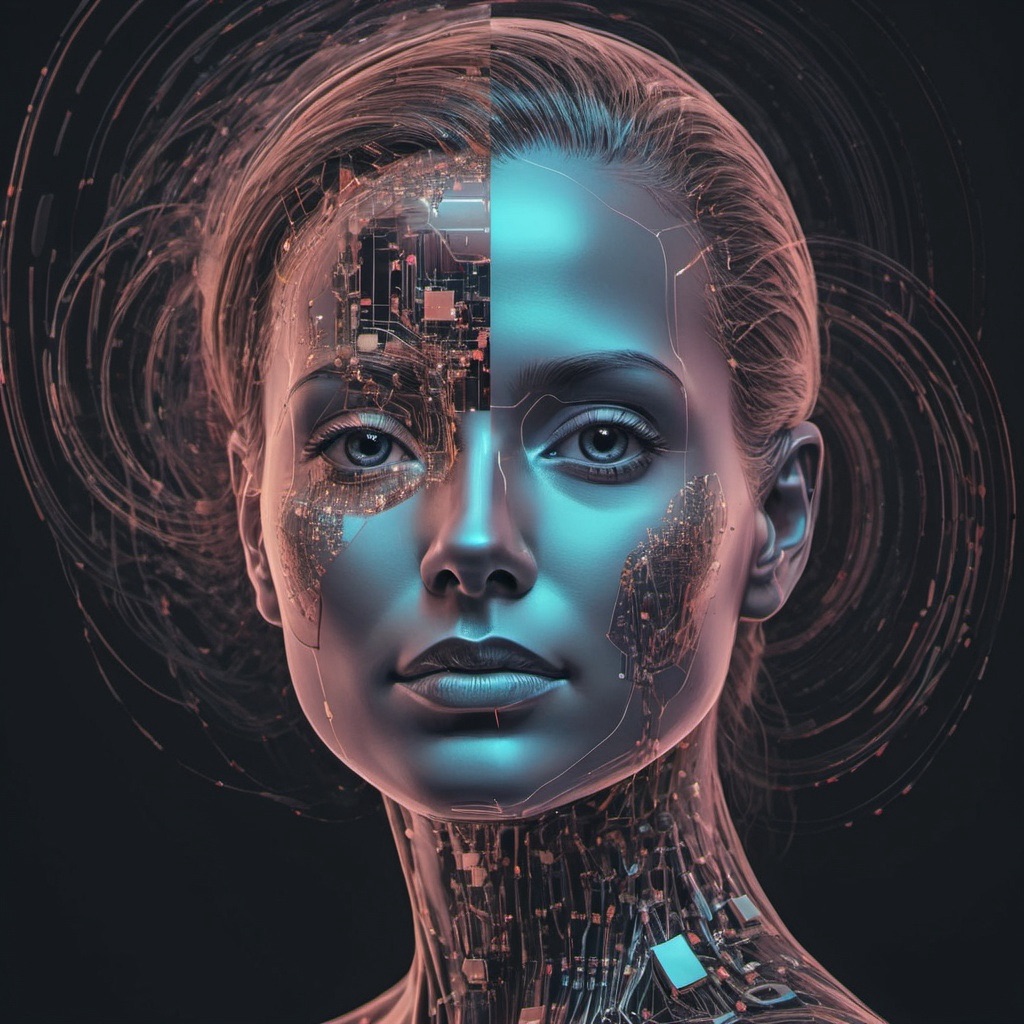
Looking Ahead
The potential of generative AI is immense and largely untapped. As we continue to explore this frontier, it will be important to focus on education and policy-making to ensure that the benefits of AI are accessible to all. Encouraging a collaborative approach that includes ethicists, technologists, and policymakers will be key to navigating the challenges ahead.
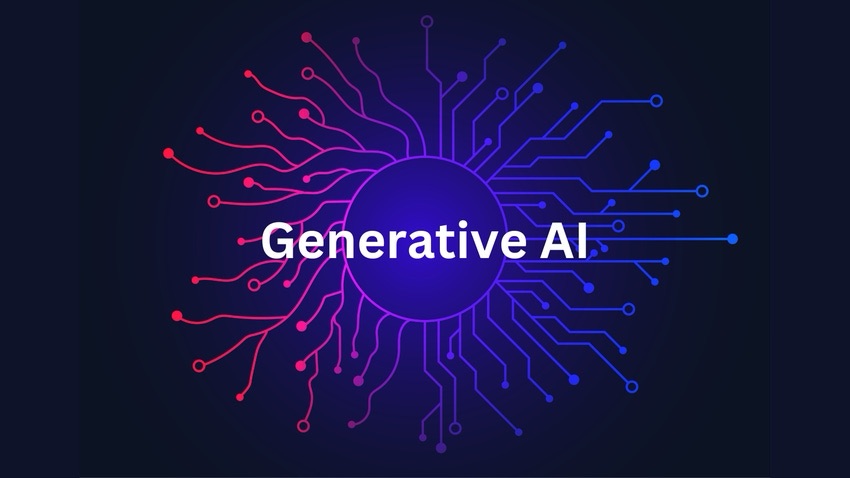
In conclusion, generative AI is not just a tool of creation but a catalyst for innovation. As we embrace this technology, we step into a future brimming with possibilities—where human creativity is amplified, not replaced, and where our potential is limited only by our imagination.



